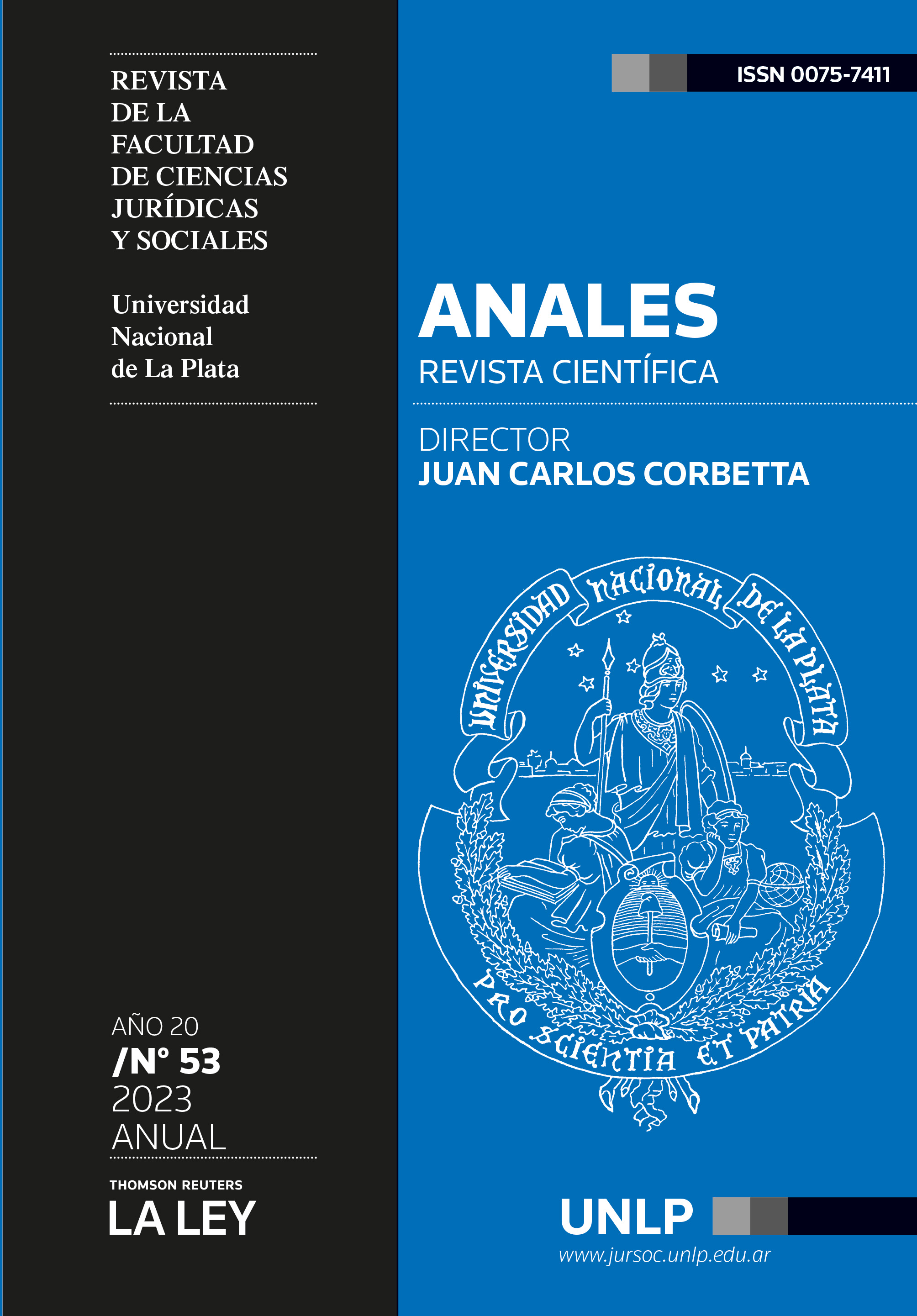The autonomy of the will in family law and its relationship with some legal institutes
DOI:
https://doi.org/10.24215/25916386e140Keywords:
autonomy, patrimonial regime , financial compensation , filiation, parental responsibilityAbstract
Since the entry into force of the Civil and Commercial Code of the Nation, the autonomy of the will took on greater meaning. Autonomy is expressed in the power of decision and in the exercise of personal freedom, this implies for family members to be able to resolve certain aspects of personal life, without external conditions and opt for their own self-regulation. The principle of autonomy has a projection in the institutes of filiation, parental responsibility, the property regime of marriage, the property effects of cochibiting unions, as well as in economic compensation, among others. However, it also has specific limits when it conflicts with the best interest of the child and family solidarity. Autonomy is a principle that must be taken into account to think about family relationships, because the will is the starting point of legal relationships. However, I could not fail to take into account the asymmetric relationship that exists between men and women that express social inequalities. The challenge lies in protecting vulnerable people, in accordance with the conventional obligation assumed by the States, in order to promote the exercise of human rights.
Downloads
References
Assandri, M. (2019). La autonomía de la voluntad en las relaciones entre progenitores e hijos. Revista de la Facultad, (Vol. X. Nº 1. Nueva Serie II 169-195).
Cossio, C. (1941). La valoración jurídica y las Ciencias del Derecho. Revista Universidad del Litoral. Año 1.
Cueto Rua, J. C. (1994). Fuentes del Derecho. Abeledo Perrot.
Garate, R. M. (2011). Una reflexión sobre los valores jurídicos. Revista Anales de la Facultad de Ciencias Jurídicas y Sociales de la Universidad Nacional de La Plata, (Nº 41). La Ley.
Downloads
Additional Files
Published
How to Cite
Issue
Section
License
Copyright (c) 2023 Ruben Marcelo Garate

This work is licensed under a Creative Commons Attribution-NonCommercial-NoDerivatives 4.0 International License.
Esta licencia no permite la generación de obras derivadas ni hacer un uso comercial de la obra original, es decir, sólo son posibles los usos y finalidades que no tengan carácter comercial.






























